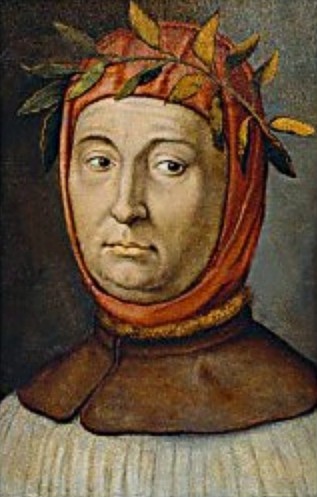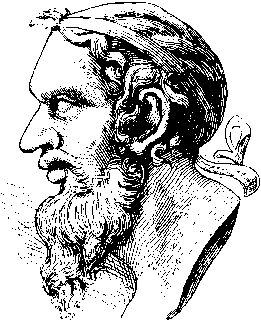As a nod to April being National Poetry Month, I invited Michael Taeger to talk about his adventures as a prose writer reading (and writing) poetry. Enjoy!
While I’m
not a poet, I am a writer. And as a writer, whenever I hear advice about
writing that sounds plausible, even if it’s outside of my comfort zone or
nominal area of interest, I pay attention. So when Andre Dubus III, author of The House of Sand and Fog, gave a
reading and Q&A in the summer of ‘14, I listened to what he had to say,
hoping for insight. After his good-not-great reading, someone in the crowd
asked him what he read. Normally a boring question with boring answers, he
said, “Every night before I go to sleep, I read from a book of poetry.”
Well, I thought. That’s unexpected.
He went on
to explain that while he isn’t a poet, he reads poetry because it engages dormany
areas of his brain; that poets string words and phrases together in ways that
make him pause and think about the universe; that his creativity, sparked by
poetry, continues into his prose-writing. While he never neglects his other
reading, poetry is his reset button.
A couple
months later, Abigail Thomas (author of Safekeeping)
gave a lecture and reading that I attended. again, an audience member asked for
her reading habits. She said, “I always keep poetry on my nightstand.” She went
on to echo many of Dubus’ words, about creativity and imagery and soft reset.
When Pulitzer-Prize
winning novelist Michael Chabon gave a lecture to my MFA program in early 2015,
I raised my own hand. “I’ve been hearing that a lot of prose writers read
poetry regularly. Do you keep that practice?”
I probably
don’t have to write down his answer. He reads poems for the same reasons that
Dubus and Thomas do; because poetry operates on a different level than prose.
It is sentence-level writing, devoted to nothing but imagery, ideas and sounds.
Reading good poetry is weight-lifting for the brain.
Maybe I should give it a try.
Since
then, I’ve made a conscious effort to read more poetry: 10 (or so) complete
books since April. It’s been a success, one that’s made me excited to continue.
Traci Brimhall’s book of post-apocalyptic poetry, Our Lady of the Water, made me second-guess what poetry can do and
and former Poet Laureate Ted Kooser’s Splitting
an Order, made me cry through painfully honest, deceptively simple language.
I can’t remember the last time a book evoked tears or reconstructed my entire
perception.
In
addition, I discovered that apart from personal gleanings, poetry affected my
writing as well. Now, I’m not suddenly an entirely different writer, but I pay
more attention to imagery and structure than I ever did before. I am more attuned
to, and value more, interesting phrasing and unusual metaphors.
It’s
obvious that other authors do the same. Go back and read All the Pretty Horses by Cormac McCarthy or One Hundred Years of Solitude by Marquez. The cadences and sentence
structure of those brilliant novels is poetry. The prose lilts and elevates and
turns around and around, forcing the reader to keep up with the journey. Besides
telling a story, those novels are devoted to and in love with words.
On my
nightstand right now are half a dozen books of poetry, carefully interspersed
with works of prose. I’m currently reading Scarecrone
by Melissa Broder, Anna Slesinski’s book of erasure poems Eating the Sun, and Bruce Wayne
Sullivan’s bartender poems, Reflections
from the Other Side, along with my normal fare of classic literature,
graphic novels and sci fi/fantasy. And I have a stack of others up to my knees
that just hasn’t made it to the table yet.
I’m still not a poet, but I’m more complete as a writer. And maybe I’ll be a poet someday. It’s always possible.
I’m still not a poet, but I’m more complete as a writer. And maybe I’ll be a poet someday. It’s always possible.
 Michael B. Tager is a writer. He is the author of the fiction collection "Always Tomorrow" and "Pop Culture Poems," a poetry chapbook (Mason Jar Press). He is currently writing a book of memoir told through essays about video games. He likes Buffy and the Baltimore Orioles. Find more of his work online at michaelbtager.com.
Michael B. Tager is a writer. He is the author of the fiction collection "Always Tomorrow" and "Pop Culture Poems," a poetry chapbook (Mason Jar Press). He is currently writing a book of memoir told through essays about video games. He likes Buffy and the Baltimore Orioles. Find more of his work online at michaelbtager.com.(Also, if you are interested in having Michael guest post for your own blog, connect with him on twitter @ideosinkrasee)





